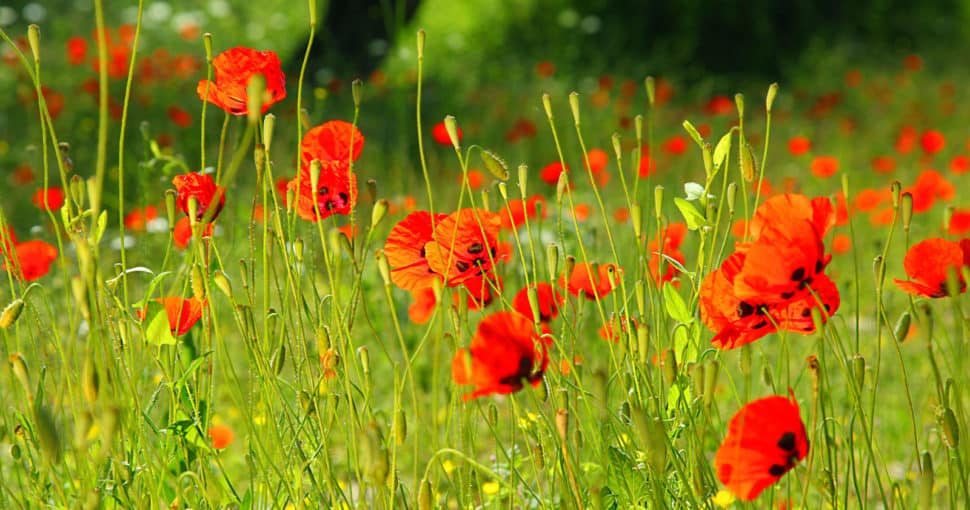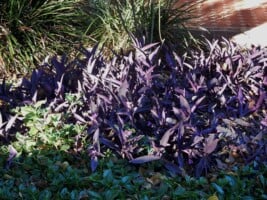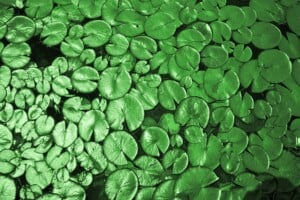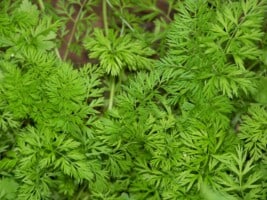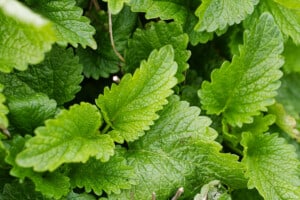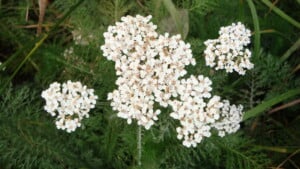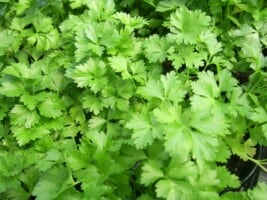Poppies belong to the genus Papaver. People generally think of the red poppy with the black center, but there are one hundred and twenty different species of poppy. A rainbow of colors and combinations of colors exist. As usual, when thinking of plants for your garden, you need to consider their toxicity and safety. It is essential to ask if poppies are poisonous and to know what the symptoms of poppy poisoning would be.
Contents
All species of poppy contain isoquinoline and phenanthrene alkaloids which may be helpful in small doses but are toxic with uncontrolled ingestion. The alkaloids are found in a poppy’s leaves, flower, stem, and seeds. Poppies are poisonous to people, dogs, cats, horses, and livestock.
Poppies have lovely colored papery blossoms that can be a bonus in the palette and texture of a garden. However, it is important to consider the toxicity of these plants.
What Poisons Do Poppies Have?
Poppies have alkaloids that are found in all parts of the plant, particularly in the yellowish-white milky sap. The highest concentration of alkaloids is located in the milky fluid of the unripe, green seed pod. This is probably an adaptive measure to protect the undeveloped seeds.
The alkaloids may be divided into two groups. Phenanthrene alkaloids affect the central nervous system. They are analgesic (pain-relieving), narcotic (affect mood), and highly addictive.
The three primary phenanthrene alkaloids are morphine, codeine, and thebaine and are collectively known as opiates. Opium is the raw form of the alkaloids. Heroin is altered morphine and is four times more potent than morphine.
As most people know, these alkaloids can be beneficial in small, controlled doses once they have been isolated and extracted from the plant. They are used for relieving pain, treating shock and anxiety. They also reduce heart rate and breathing rate while suppressing the gastrointestinal tract and sedating patients.
The second type of alkaloid is isoquinolines which are papaverine and noscapine. Isoquinolines act on the smooth muscles of the body and are used to suppress coughing and gastrointestinal spasms. They are also opiate alkaloids but are seldom referred to as such in medicine.
Although opiate alkaloids can be beneficial, they are also extremely toxic in uncontrolled doses. A complication of ingesting poppies is that the alkaloids are not isolated. The body absorbs the entire range of alkaloids, enhancing the toxicity and complicating the treatment.
What Are The Signs and Symptoms Of Poppy Poisoning In Humans?
Poppy toxicity is affected by the amount consumed and the individual’s weight. This makes children more vulnerable due to their much lower body mass. The following symptoms may be seen in someone who has eaten any part of the poppy plant:
- Slow respiratory rate
- Slow heartbeat
- Low blood pressure
- Hypothermia
- Muscle twitching
- Coma
- Seizures
- Brain swelling
- Congestion in the heart and lungs
- Constipation
- Limited or difficulty urinating
- Death
In middle eastern countries, agricultural workers often eat poppy seeds and experience relaxation and sedation as a result. Most cases of toxicity from ingesting poppies occur in these regions. This is a dangerous practice as the amount of alkaloids ingested is uncontrolled. Poppy alkaloids vary according to the season, weather, and fertilization the plant receives.
Another common cause of poppy poisoning occurs when people take poppy or opium tea made using poppy seeds bought from an informal market. Many of these seeds are unwashed, and latex or sap can be found on the seeds. Making the tea concentrates the alkaloids, and an overdose easily results.
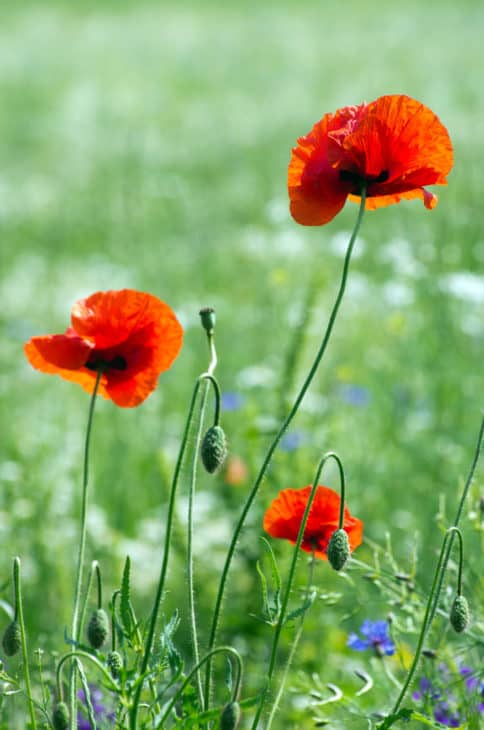
Poppy tea is purported to help with insomnia and depression. People who have no history of drug use or abuse may be suddenly found dead from an opiate overdose. The families are mystified, but investigators often find that poppy tea is the culprit.
Home preparation of poppies for treating illness, pain, depression, or insomnia should never be used. The majority of people who experience opiate toxicity in these circumstances die.
Food-grade poppy seeds bought through reliable distributors are washed and safe to use in food.
Are Poppies Poisonous To Cats And Dogs?
Poppies are toxic for both dogs and cats. The whole plant is poisonous, but the most dangerous part to ingest is the green, unripe seed pod.
Poppies do not have any particular allure to dogs and cats. As a result, it is often young, curious animals that may eat them. Dogs or cats that are nauseous and eat grass and other vegetation are also at risk of ingesting poppies.
Cats and dogs that are poisoned by poppies show similar symptoms.
- State of excitement, euphoria, or sedation.
- The cat or dog may cry and vocalize.
- Disinclination to eat.
- Muscle twitching and trembling.
- Ataxia which is difficulty walking.
- Weakness
- Slow heart rate.
- Slow respiratory rate.
- Dilate pupils in cats and constricted pinprick pupils in dogs.
- Lack of awareness of surroundings.
- Unconsciousness, coma.
- Death.
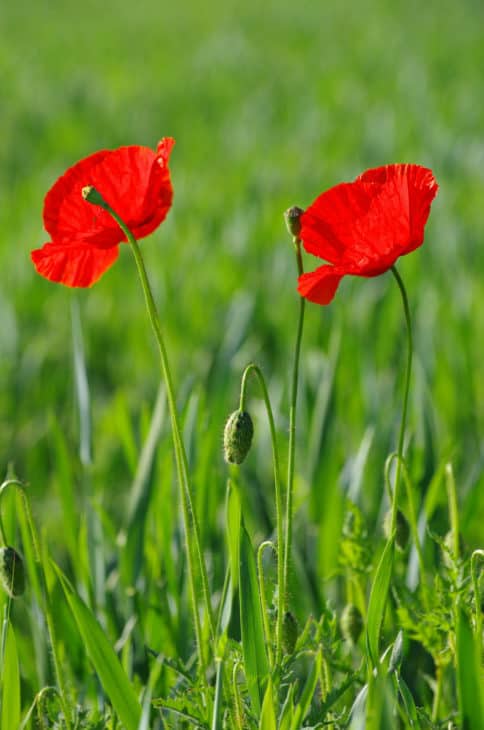
If your pet has consumed or chewed on any part of a poppy plant, rush them to a veterinarian immediately. The veterinarian will probably make the animal vomit to rid itself of any remaining poppy plant material. Careful treatment will be needed to assist your cat or dog.
Due to the low weight of cats and small breed dogs, they are particularly susceptible to the toxic effects of poppies.
Are Poppies Toxic To Horses?
Horses do not usually seek out poppies as they are unpalatable. In areas with limited grazing, horses may eat poppies out of hunger. Some horses may accidentally ingest poppies with other plant material.
A horse that has consumed poppies will show the following symptoms:
- Difficulty breathing
- Increased heart rate
- Excessive salivation
- Difficulty staying on its feet. It may be unable to stand or move easily.
- It may be restless and anxious or seem dazed.
- It may be lethargic, depressed, and unwilling to eat.
- Constipation will result in colic.
Call a veterinarian if you see any of these symptoms or if you suspect your horse has eaten poppies. Remove poppies from the horse’s field or paddock.
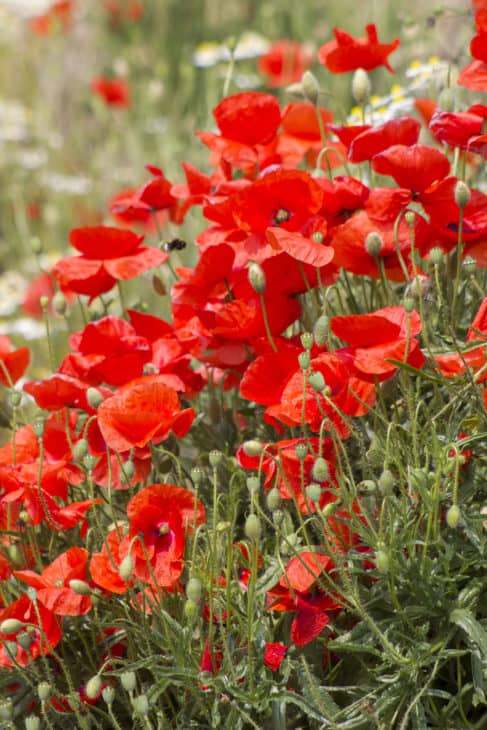
Are Poppies Poisonous To Livestock?
Poppies are toxic to cows, goats and sheep, and most other livestock. They will show altered states of awareness and may be excitable, restless or lethargic, and depressed. There may be excessive salivation, bloat, and constipation. Muscle twitching, trembling, and inability to walk or stay standing may be seen.
Poppies should be removed from pastures where livestock graze. Veterinarian assistance will be needed to treat affected animals.
Conclusion
Poppies provide us with many valuable medicines, but they are toxic in their raw form. People should never try to self-medicate using homemade poppy remedies. It is best not to have poppies in the garden if you have children or pets that might consume them.
Medical or veterinary help should be acquired as soon as possible if a person or animal eats a poppy or any product made from poppies.

